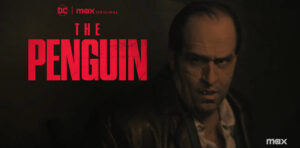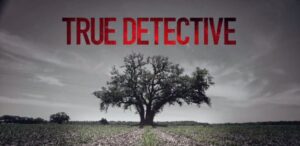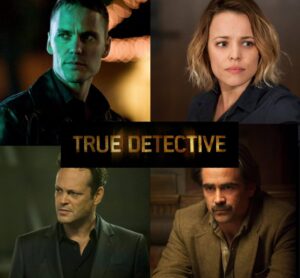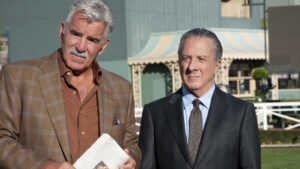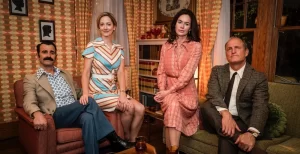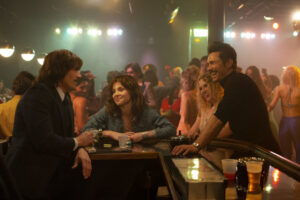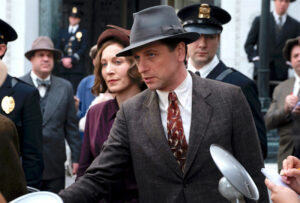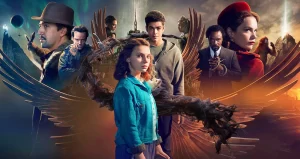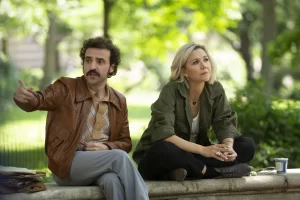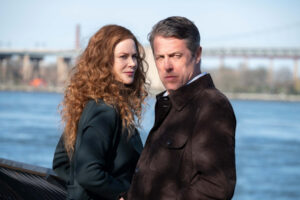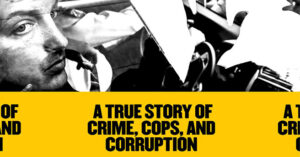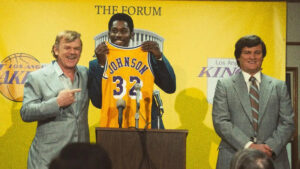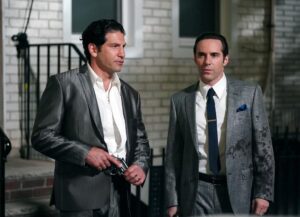It’s not often a comic book adaptation is boring, but The Penguin manages it with honors. Full disclosure, I am not generally a fan of comic book movies. They are usually ridiculously stupid with contrived action sequences, over the top special effects used to replace meaningful dialog and filled with enormous plot holes. Not that The Penguin doesn’t suffer from some of this as well.
The bigger problem is the show is just plain boring. There are huge segments of nothing happening in order to get us to a boring soliloquy that is supposed to touch us emotionally. Rage, sympathy, understanding, pity, whatever. None of it works.
The Penguin
What is The Penguin about? It’s about the rise of Oswald Cobblepot from organized crime button man to the king of crime in Gotham City. It follows on the heels of The Batman movie in which Colin Farrel played the titular character.
Oz, as he is called throughout the series because he has yet to earn The Penguin sobriquet, is a member of the Falcone crime family at the beginning. He murders the newly crowned boss of the family in a fit of rage and events spiral from there. His main foil is the sister of the boss, Sofia, played by Cristin Miloti.
He also picks up Victor as a sidekick when the boy attempts to steal hubcaps from the Penguin Mobile.
Why is it so Boring?
I’m going to have to get into a little bit of my own writing experience in order to explain why I think the show ended up so incredibly dull. I couldn’t make it through most episodes and was looking at my phone for extended periods.
When I write a novel, I try to flesh out pretty much everything that is going to happen. This includes most of the important scenes, conflicts, various resolution points, and, of course the ending. What I don’t have finalized in my mind is the vital middle work. In order for my big scenes to have meaning, I’ve got to lead up to them. I have to lay the groundwork. I must include foreshadowing, character development, and other writing elements in order to get the audience immersed and ready for the big scene.
This is the hard work of a novel, at least for me it is. The big scenes are easy to write. They largely write themselves. What’s hard is getting to them.
I think the writers did a pretty good job of imagining the big scenes. They knew where they wanted to get. The Penguin, Sofia, Victor, or another minor character has a big, long soliloquy all ready to go, all ready to punch home a point to the audience.
The problem is twofold. First, there are far too many big speeches, three or four an episode at least. It’s impossible to lay the groundwork for that many monologues. It’s almost like they pretty much gave up even trying. We skip over everything in order to rush from one big, boring speech to the next. The speeches themselves are probably pretty good, they are certainly acted powerfully, but because there is no buildup, they left me flat, bored.
One Example
I don’t want to waste a lot of your time giving example after example of what I’m talking about so I’ll only give one. Oswald sways the other crime families to his side. He gives a big speech while passing out beers from a ridiculously oversized cooler.
Ok, great. That could be interesting. The problem is we’ve barely seen any of the other families, there are no scenes where they are convinced to come to the big meeting. They are just there, the scene prefabricated and ready for the speech. Who are they? The Tongs are the only one we’ve sort of met. Other than that, just actors standing around pretending to look impressed.
I’m not invested because nothing led me to this moment. I suppose the big speech is fine although the oversized cooler really does bother me. I mean, there are like ten people there. Ok, enough, must move on.
Lots of Torture
As a side note, there is way too much torture. I guess that turns some people on. Baddies getting tortured. I don’t like it. It’s just awful. The episode about Sofia was impossible to watch. It was designed to get us into her mindset for when her big speeches come but it was just gratuitous and unhelpful.
If you like torture, well, have no fear, there is yet another torture scene coming soon.
Other Aspects
The acting is good, the music is fine, the sets are largely great, the cinematography is well done. The production values are top notch throughout. I honestly think, and judging by the predominantly positive reviews, this is the sort of thing people want. Hollywood knows what they are doing, I guess.
Conclusion
It’s not for me.
Tom Liberman
